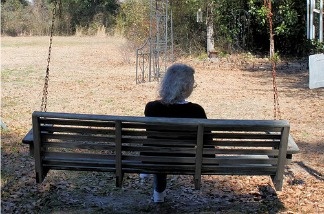
"America’s Bitter Pill: Money, Politics, Backroom Deals, and the Fight to Fix Our Broken Healthcare System" by Steven Brill.
Since its implementation, the Affordable Care Act, or ‘Obamacare,’ as it’s often called, has likely been the most polarizing and controversial piece of legislation passed. Thus far, the law has withstood a multitude of failed Republican attempts to repeal it and a severely botched rollout of the federal healthcare website. Whether or not the American healthcare system is better or worse off with Obamacare varies depending on who you ask, but many would agree that the U.S. healthcare system is still in need of work. In 2014, America’s total healthcare bill was $3 billion, which is more than the next ten biggest healthcare spending countries combined!
In his new book “America’s Bitter Pill: Money, Politics, Backroom Deals, and the Fight to Fix Our Broken Healthcare System,” Steven Brill writes about the way the ACA was written, the way it was implemented, and how it would (or wouldn’t) change America’s healthcare system. Brill had chronicled some of the ways the U.S. healthcare system was being abused in an article he wrote for TIME Magazine in March of 2013 in which he examined medical bills, line by line. In the book, Brill combines his experience as a journalist and writer with his personal stories. In April of 2014, Brill was told he needed open-heart surgery and suddenly went from healthcare critic to a patient in need.
Brill joins AirTalk to discuss his book, his experience, and what has to be done to fix America’s healthcare system.
Guest:
Steven Brill, author of “America’s Bitter Pill” (January 5, 2015 - Random House). He won the 2014 National Magazine Award for Public Service for his article “Bitter Pill: Why Medical Bills Are Killing Us,” which appeared in TIME Magazine in March of 2013.


























